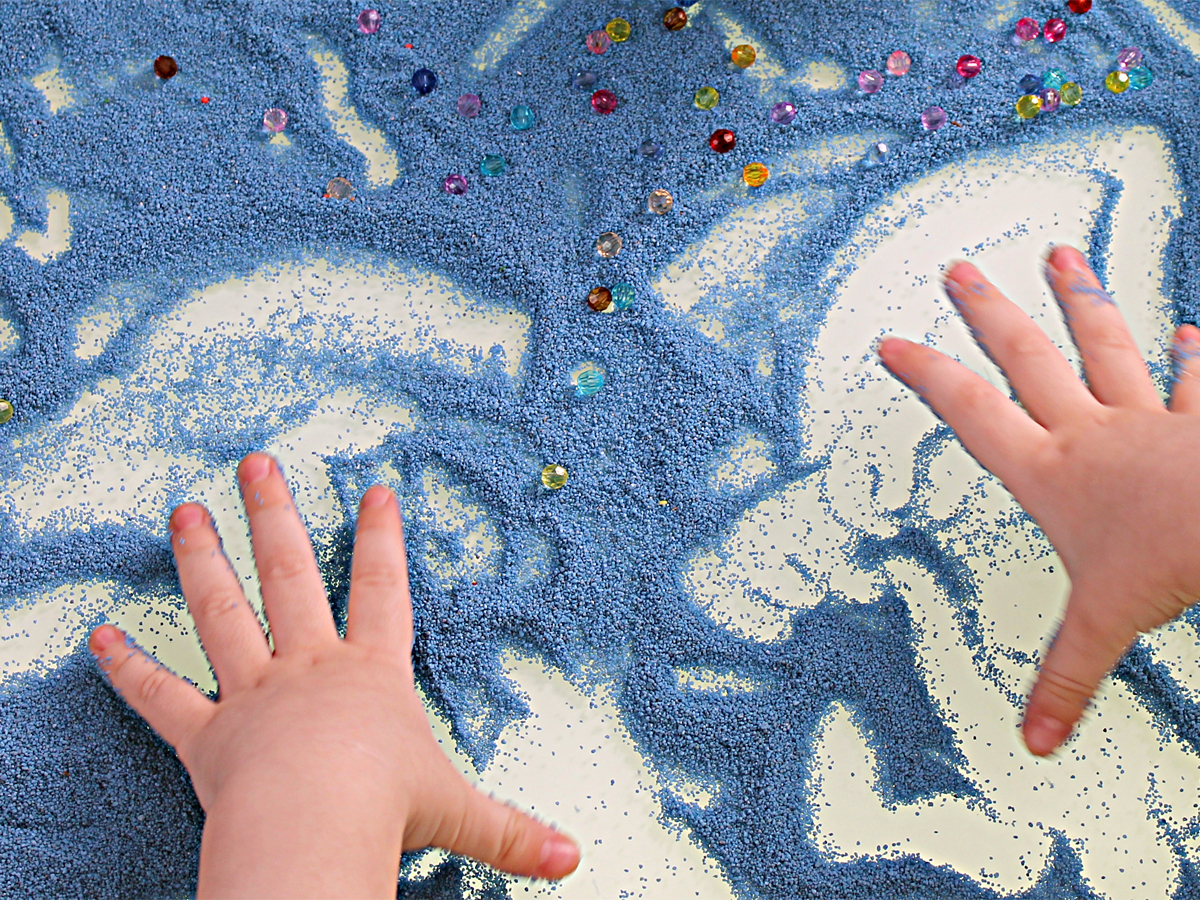Two intervention pilots will be part of a new $22.2 million funding program with a focus on infants showing early signs of autism.
Up to 1500 babies, aged from nine to 14 months and their families will benefit from the pilots which will implement best practice design interventions for infants showing early signs of neurodiversity.
The WA pilot program, known as Inklings, is based on earlier research conducted by the Telethon Kids Institute, La Trobe University and the West Australian Child and Adolescent Health Service. It reported world-first evidence that therapy commenced in infancy could reduce early developmental disability to the point where a childhood clinical autism diagnosis was two-thirds less likely.
Professor of Autism Research at Telethon Kids Institute and The University of Western Australia, Andrew Whitehouse said the aim of Inklings is to support families of babies who are developing differently with an evidence-based program that will enable them to gain the skills they need to thrive. It is founded on the hypothesis that supports commenced during the first two years of life, when the first signs of atypical development are observed and the brain is rapidly developing, could lead to even greater impact on developmental outcomes in later childhood.
“This program is a proactive approach in helping babies now, rather than waiting for an autism diagnosis to commence therapy,” Whitehouse said. “The pilot is an important first step for what could be a truly transformative program for families of babies who are developing a little differently.”

